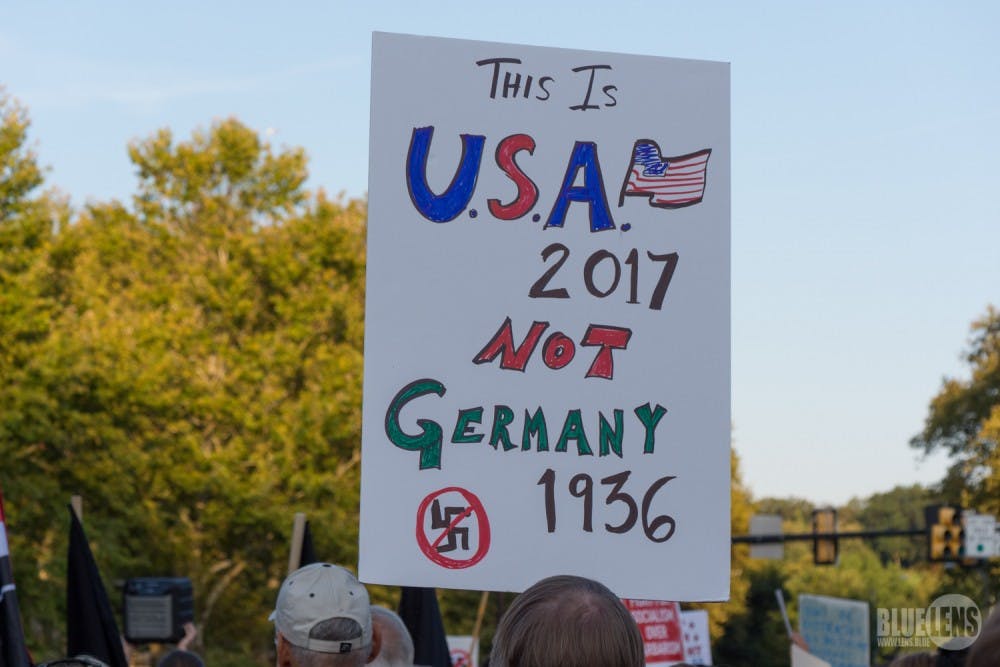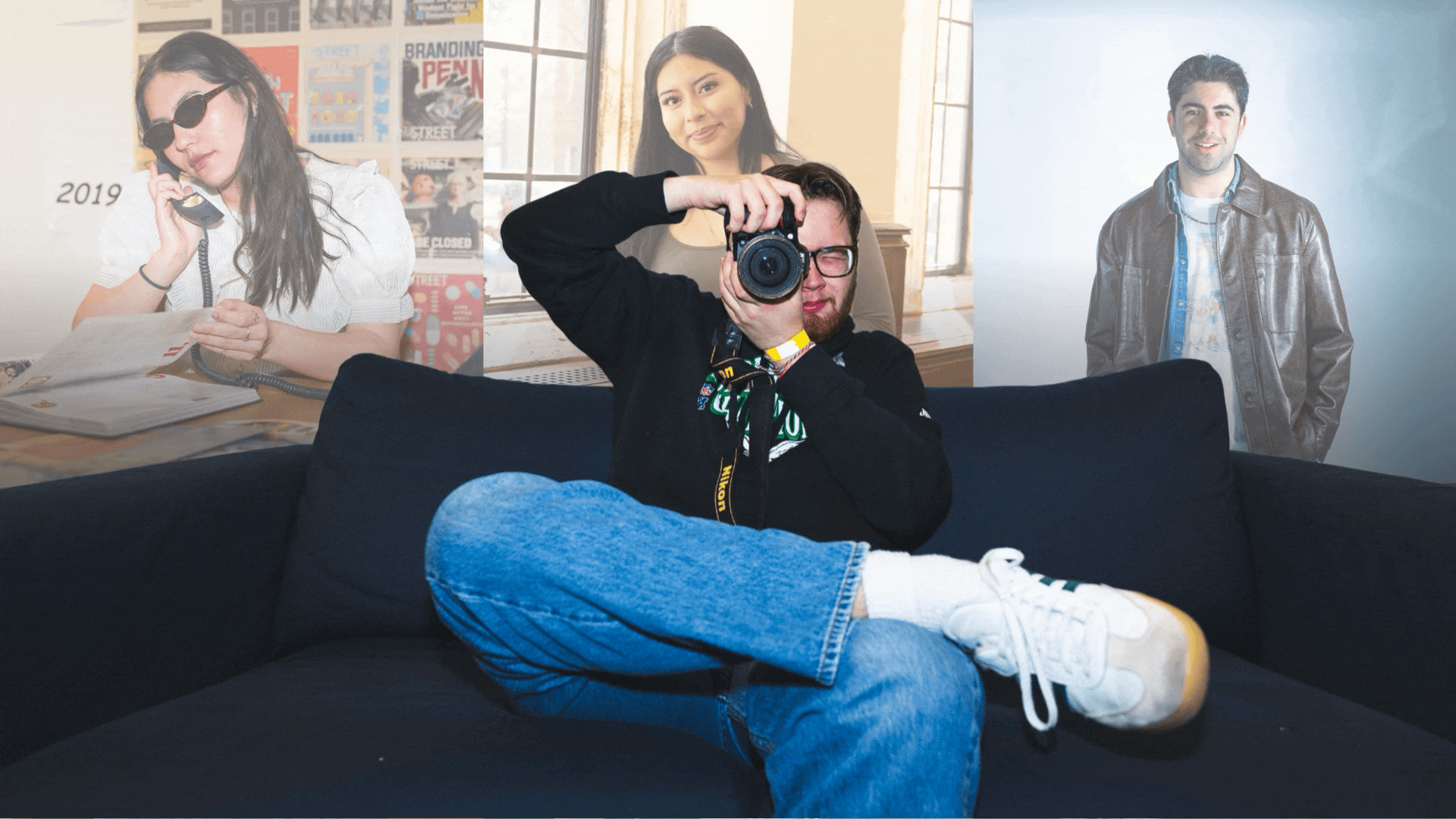Somewhere in this country, right now, there is a white supremacist, and I am quite literally his worst nightmare. I’m Latina and Jewish, the daughter of immigrants—and proud of it all. I’ve been thinking about this a lot in the last two weeks since the riots in Charlottesville, since white nationalists chanted "You will not replace us,” and “All lives matter,” and “Jews will not replace us,” at the top of their lungs.
In the days following, these sound bites played over and over again on the news and radio. With each repetition, it sunk in more just how directly these chants were aimed at my communities and other marginalized groups. They yelled, and this is what I heard:
You will not replace us – immigrants keep out.
All lives matter – but not brown or black ones.
Jews will not replace us – anti-Semitism never went away.
Hearing “you will not replace us” reminded those in the Latino community of the way that many white Americans denigrate immigrants, claiming falsely that we steal their jobs and commit heinous crimes against their women and children. For those of us who have family members who are undocumented, Charlottesville also elevated the real fear and panic of being separated from those who we love.
Visions of Nazi flags and the sound of virulently anti–Semitic chants felt all too familiar in the Jewish community, where we think about the Holocaust more often than ever under this administration. There is a communal memory of state–sanctioned violence against the Jewish people, not just in Germany but across Europe for the last five centuries, and that makes this time particularly jarring and frightening for Jews.
I saw the events of that night in Charlottesville unfold, but it seemed like many of my friends and family were only taking in bits and pieces. They spoke out against the moments that shook them to the core, those that seemed most relevant or threatening to their communities. The truth, I’ve realized, is that this is normal.
Most people in the Latino community can never imagine the collective pain of anti–Semitic pogroms, exiles, and genocide. Likewise, few people in the Jewish community, where the majority of families migrated to the United States three or four generations ago, live with perpetual reminders that they are not welcome or the relentless fear of deportation or separation.
I am, for better or for worse, someone who understands both perspectives. I feel the fear, discomfort, and sadness that is so ubiquitous right now, so I understand why people might feel inclined to most vehemently condemn that which is aimed directly at them.
I understand, but I do not agree.
The most challenging part of the last two weeks was seeing the failures of my communities to speak up for each other: the disappointment that most Latinos would not point out the anti–Semitic rhetoric bubbling to the surface, the anger that many Jews were not vocal enough in their support for immigration. And though there are many Jews of color and Latinos of African descent, the majority of both my communities failed to speak out on the nasty racism of the All Lives Matter movement and Confederate pride.
In any case, it should not matter that there are Latinx Jews, or black Latinos, or any intersectional combination you can imagine. We should speak out for the sake of speaking out, because it is the right thing to do. We are all scared, but we are all also strong—strong enough to support each other, strong enough to learn from each other, and strong enough to push back against all of the hate espoused by white nationalists. When we hear white supremacists spew racism, xenophobia, Islamophobia, homophobia, and anti–Semitism, we have to stand together. And perhaps most difficult, but most importantly, when we hear such prejudice in our own communities, we have to call it out so that we are able to work together when the time comes.
Complacency is complicity. In the face of hatred, we must act.







